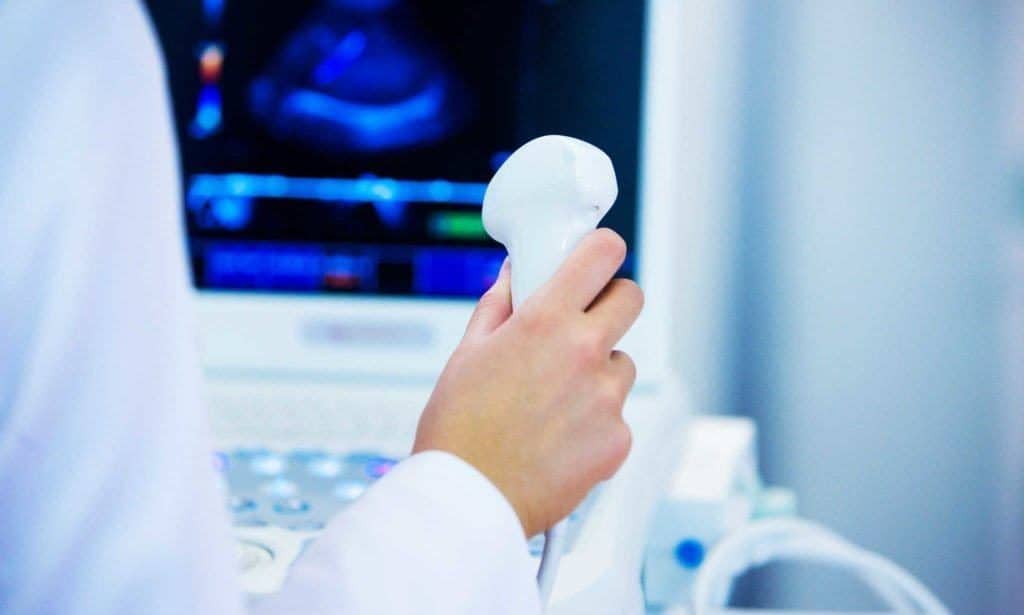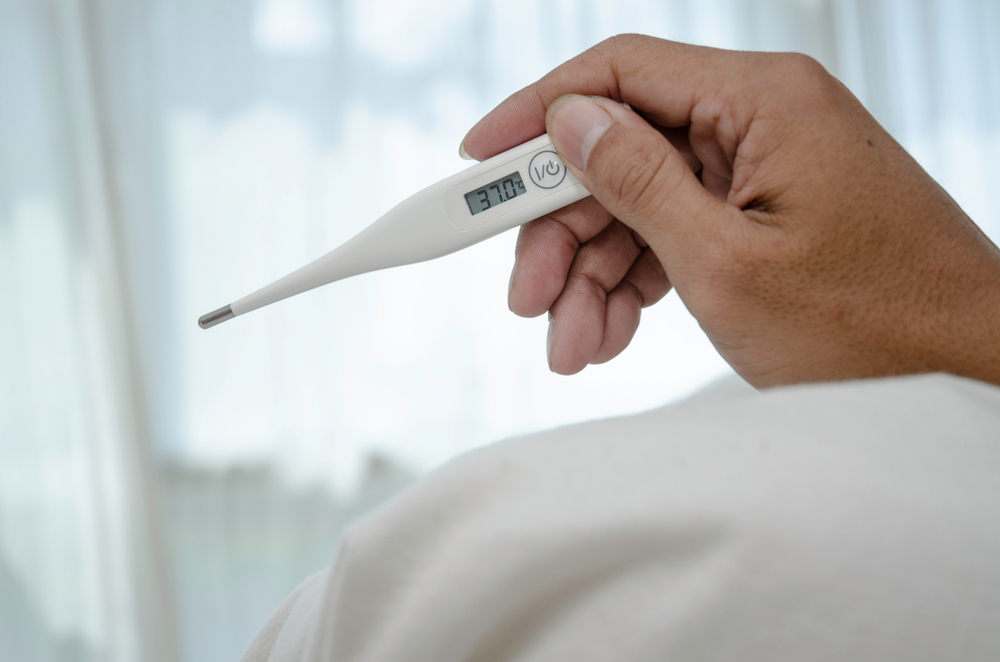Contents:
Medical Video: Antibiotics & your baby: what you need to know
Doctors usually warn women to avoid taking antibiotics while pregnant, especially in the first 3 months. The first trimester is important times when a baby's organ is formed. Some antibiotics are shown to have the potential to cause congenital abnormalities in newborns, such as skull and brain malformations, heart defects, epilepsy, and cleft lip.
But sometimes you have to use antibiotics during pregnancy to treat certain health problems, such as urinary tract infections and strep group B (GSB) - two infections that are common in pregnant women.
So, will pregnant women be better to continue taking antibiotics to get well soon, or skip and choose other alternatives? Here, we provide information about using antibiotics during pregnancy that are safe for you and your baby.
When to take antibiotics while pregnant?
Antibiotics are drugs used to fight bacterial infections. In addition, even though it can fight infectious bacteria, antibiotics can kill some bacteria that are beneficial to the body. This can hamper your body's ability to prevent and fight disease, so the drug must be chosen carefully. If the doctor prescribes antibiotics when not needed, patients may be exposed to actual risks that can still be avoided. This is especially true during pregnancy, because some drugs have been known to cause chronic malformations.
READ ALSO: Can Pregnant Women Eat Durian?
However, for bacterial infections, such as urinary tract infections and strep group B, antibiotics are the only medication that will help you recover quickly. Therefore, you should use it even though this antibiotic carries a potential risk for your baby. Why? In some cases, not treating the disease will make you more susceptible to recurrence of infection and the impact will be far more harmful to the health of the baby than the effects of antibiotics, said Komal Bajaj, M.D., reproductive genetics scientist at the Jacobi Medical Center, reported by Parents.
In other words, if you are very sick and antibiotics are the only medicine that can help you get back healthy, you may need to drink it regardless of the potential risks for your baby.
Antibiotics during pregnancy, which are safe and not?
The Food and Drug Administration (FDA) divides antibiotics into four categories based on safety for use during pregnancy: A, B, C, D and X. Drug safety will also be considered in a variety of external factors, including your gestational age when taking antibiotics, and how much is your dose and for how long.
READ ALSO: Cosmetic ingredients that should be avoided by pregnant women
If the doctor prescribes a dose of antibiotics during pregnancy, it is very likely that the drug belongs to category A or B on the list of recommended FDA-approved drugs for use during pregnancy. Some antibiotics that may be prescribed safely during pregnancy include:
- Amoxicillin
- Ampicillin
- Clindamycin
- Erythromycin
- Penicillin
- Nitrofurantoin
- Gentamicin
- Ampicillin-Sulbactam
- Cefoxitin
- Cefotetan
- Cefazolin
Some antibiotics must be avoided during pregnancy. For example, tetracyclines - such as doxycycline, oxytetracycline, and minocycline - are used to treat acne and respiratory infections. Tetracycline can damage the liver of pregnant women and discolor fetal teeth. Streptomycin used to treat tuberculosis (TB) should also be avoided by pregnant women.
Guides are safe using antibiotics while pregnant
Before you start using antibiotics during pregnancy, doctors at Yale University School of Medicine, Brigham and Women's Hospital, Faulkner Hospital and Harvard Medical School, are reported from Baby Med, offers guidelines for the use of antibiotics during pregnancy. This includes:
- Only use antibiotics when pregnant if there are no other treatment options that are equally effective
- Avoid prescribing antibiotics during the first trimester if possible
- Choose a safe drug (usually the classic antibiotic type has been tested in pregnant women)
- Use a single recipe rather than a double recipe. Double prescription, aka polypharmacy, is the use of various drugs at the same time.
- The lowest dose dose may prove effective
- Don't use nonprescription drugs as long as the antibiotic treatment isn't over
If you have an infection and your obstetrician prescribes antibiotics, talk to your doctor about the possible risks of taking antibiotics while pregnant. In some cases, as with urinary tract infections, allowing untreated infections can pose a greater risk of pregnancy and an unborn fetus.
READ ALSO: Tips for Relieving Foot Pain in Pregnant Women
If antibiotics are the best way to treat your condition, your doctor will prescribe the safest antibiotic at the safest dose. Also make sure to always take your daily prenatal vitamins. Research shows that taking daily folic acid supplements of at least 400 micrograms (prenatal vitamins generally contain twice this amount) can overcome the negative effects of trimethoprim.












